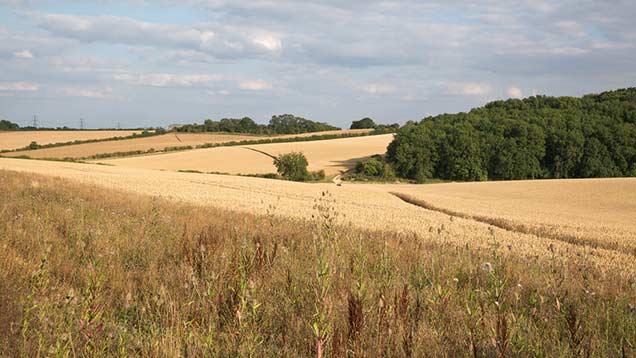Farmers’ green scheme payouts hit by computer system woes
 © Tim Scrivener
© Tim Scrivener IT failures mean farmers in England could have to wait up to four months before they receive about £200m in agri-environment scheme payments.
Problems with the BPS application system in the spring and the extension of claim deadlines mean Natural England will not be able to start making payments to farmers until October, with the majority being made in November and December.
See also: IT fiasco forces U-turn on farm payments
Usually payments are made much earlier in the year, with 65% made in August last year and payments completed in November.
The NFU said this year’s delay was unacceptable, particularly at a time when many farmers were struggling due to commodity prices.
Union vice-president Guy Smith said it was vital farmers got their payments as soon as possible.
“Our members expect to be treated in a consistent manner and to be paid promptly for work they have already carried out”
Guy Smith, NFU
“Last year the vast majority of payments were made in August and this should be the case again this year,” he said.
“Our members expect to be treated in a consistent manner and to be paid promptly for work they have already carried out.
“The NFU has been pressing RPA and Natural England to make payments on time this year, particularly with farmgate prices are so low.
“We will continue to keep the pressure on for payments to be made as soon as possible.”
Natural England said it understood the importance of early payments and was working to get them out as soon as possible.
“We expect advance payments for environmental stewardship agreements to start being paid from October, and the majority by November and December,” a spokeswoman said.
Farmers had been advised that they would not be getting their advanced payments as early as previous years because of the European commission’s decision to give member states extra time to submit their claims in the first year of the new CAP, she added.
Further delays had been caused because Natural England had not been able to start its cross-check of Pillar 1 and Pillar 2 data, something it has to do to meet commission rules.
“If we don’t do that and pay inaccurately than we could be faced with large fines,” she said.
